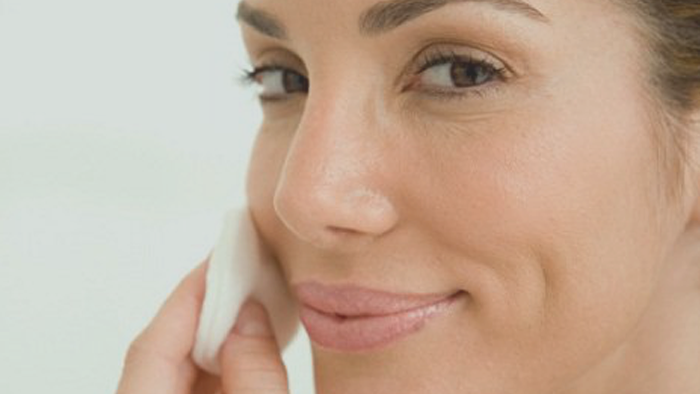
08 Apr Beware of Pores: What You Need To Know
Your skin is covered with pores – tiny holes that are the openings of hair follicles. They allow your skin to perspire and your body to cool off, and also serve as a gateway for sebum, an oily substance that protects your skin. Sebum is usually in the form of a thin layer, which helps to regulate your body temperature and traps bacteria from entering your skin. Sebum is produced by your sebaceous glands, which are located on every part of your body, except for the palms of your hands and the soles of your feet.
Pore Sizes
The size of pores varies greatly from one person to another. To be frank, almost everyone prefers small pores, as your skin looks much more firmer, tighter and youthful. Children have small pores, which gives them a peachy-type skin that we all envy! However, the size of your pores is determined by your heredity. Some people tend to have larger pores, which may be the cause of several problems. First off, those with large pores are prone to oily skin, and as they age and expose themselves to the sun, the loss of collagen in the skin expands their pores even more. Their pores also tend to get more clogged with dead cells and other debris, making them seem even larger. Hormones also play an important role as they activate the production of sebum, which helps to explain why teenagers have oily skin. Women, at the time of ovulation and pregnancy, may have oilier skin.
When Oil is Blocked in Pores
When excess oil is produced by the sebum, your pores get clogged and your dead skin cells can cause a proliferation of bacteria leading to a break out of a mini-infection, known as acne. When oil is unable to get out, this acne grows and expands. This dreaded ‘red button’ is filled with liquid made of a mixture of sebum, dead skin cells, and bacteria.
Clean vs. Dirty Sweat
Your body produces sweat from two differing glands – your eccrine and apocrine glands. Eccrine glands are the most numerous and are found on every part of our bodies. Sweat produced from these glands generally leaves our pores in a very fluid state and is generally not very sticky. This sweat is composed of 99% water and a little salt (sodium chloride, potassium, magnesium). Your eccrine glands are particularly concentrated in the palms of our hands and the soles of your feet. This type of sweat does not smell bad and can be categorized as your ‘clean’ sweat.
However, there is another kind of sweat, one that is sticky and full of fat, protein and pheromones. Pheromones are chemical messengers and in animals are used to send certain signals which include sexual ones. In humans, the action of pheromones is more mysterious, but certainly just as real. This sticky sweat is produced by apocrine glands, which are located in our armpits, groin, around our nipples and bums. These glands are generally develop during puberty and are the cause of bad odours!
Tightening Dilated Pores
To clean your pores and get rid of excess oil and dead cells, the first step is to sweat regularly – doing strenuous physical activity and spending some time at a sauna. However, we must also break the habit of too hot and long showers, which dilate your pores and cause redness. Cold showers and baths are a great way in order to get rid of capillaries (small blood vessels in your skin) and to tighten your skin. Applying ice on your face can even help shrink the size of your pores and should be done through wrapping it up in a cotton towel and gently applying it for about 30 seconds to 1 minute – in order to avoid irritating your skin.
Organic Lotions & Masks
You can also apply floral witch hazel (or ‘witch hazel’) on your skin using a cotton bud. Witch hazel is a plant that comes from the Amazon and has astringent properties; that is to say, it produces a tension of mucous membranes, which on your skin leads to a tightening of pores. Hazelnut oil and lotions with aloe vera are also useful.
For those of you who are keen to produce your own facial masks, why not try replacing the well-known cucumber mask with a simple cucumber juice-mask. Simply mix cucumber juice with a little salt and then apply the mixture onto your face, leaving it to sit for a few minutes. Better still, mash a half-peeled cucumber and add a few drops of lemon juice and a teaspoon of rose water. Apply the mixture on your face and leave it to rest for 15 to 20 minutes, before rinsing it off with cold water. You can also apply tomato juice on your face, leaving it to stand for 20 minutes before rinsing it off with warm water. Performing this treatment 3 times a week will leave you with healthy skin without enlarged pores. It is also beneficial in regulating your sebum production.
